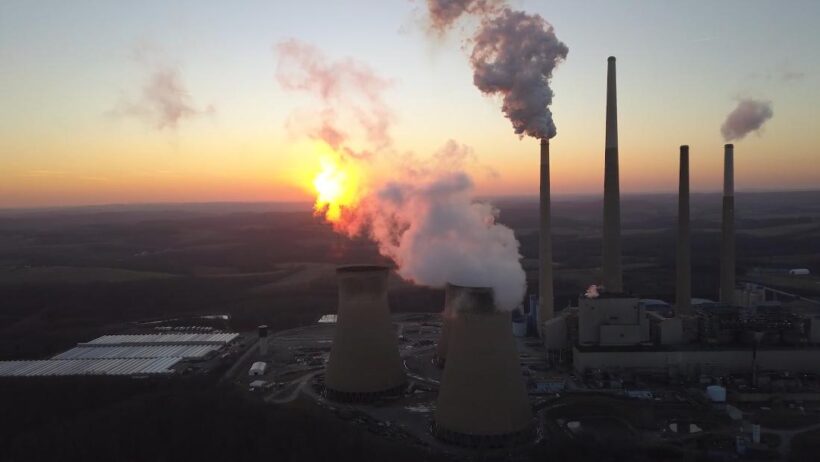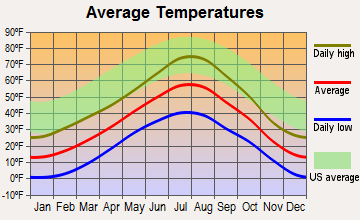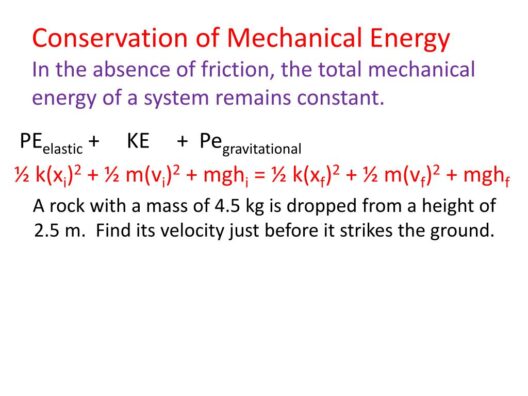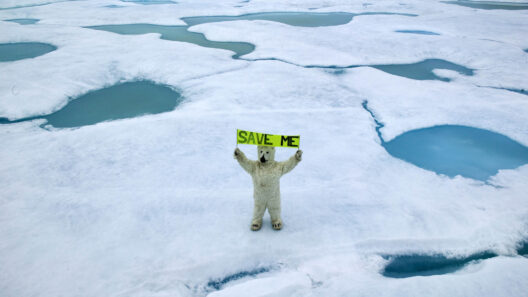The COVID-19 pandemic has forced humanity to confront an unprecedented array of challenges, from public health crises to economic turmoil. Yet, amidst this global catastrophe, an intriguing question arises: has COVID-19 inadvertently given Earth a breather from the relentless march of global warming? This question is not merely whimsical; it carries significant implications for our understanding of anthropogenic impacts on climate change and our responsibility toward environmental stewardship.
As countries around the globe imposed lockdowns, data seemed to suggest a temporary reduction in greenhouse gas emissions. Traffic ground to a halt, industrial activity slowed, and aviation plummeted. For the first time in decades, cities found themselves shrouded not in smog, but in pristine air quality. Satellite images painted a vivid picture of decreased nitrogen dioxide levels, particularly over urban centers that are typically besieged by pollution. The clean air, the blue skies, and the resounding silence had a paradoxical allure, hinting at a world recalibrated. But should we celebrate this atmospheric reprieve, or is it a fleeting illusion?
In essence, the reduction in emissions during early 2020 was staggering. According to some studies, global carbon emissions fell by as much as 7% during the height of the pandemic. This remarkable decrease was attributed primarily to the sharp decline in transportation and industrial emissions. However, the question looms: is a temporary dip in emissions indicative of a long-term solution to climate change? While the data offers a tantalizing glimpse into what could be achievable, it is critical to examine whether this has led to a substantive shift in habits and policies.
The pandemic has also shone a spotlight on the intricate connection between public health and the environment. The virus underscored the vulnerabilities of our systems, revealing that pollution and climate change exacerbate health risks. Cities with higher pollution levels observed increased morbidity rates related to COVID-19. This correlation presents an opportunity for advocates to argue for cleaner environments as a strategy for public health protection. As we emerge from the shadows of COVID-19, should we seize this moment to redefine our relationship with the planet?
In reflecting upon this question, one must consider the concept of the “green recovery.” The notion advocates that our economic revitalization post-pandemic should emphasize sustainable practices. This encompasses investing in renewable energy, enhancing public transportation systems, and supporting green technologies. Financial recovery should integrate climate resilience into the framework of rebuilding, thereby ensuring that we do not merely return to a pre-pandemic model characterized by relentless consumption.
However, challenges abound. The risk exists that as societies emerge from lockdowns, various sectors might revert to old habits driven by economic pressures. Industrial plants that temporarily halted operations could rush to maximize productivity, and transportation networks might resume pre-pandemic levels of traffic. The temptation to prioritize immediate economic recovery over long-term sustainability poses a significant obstacle in the fight against climate change. In light of this, what mechanisms can society employ to ensure that progress, once made, is not undone?
Policymakers now face a pivotal choice: will they embrace the lessons learned during the pandemic, or will they succumb to the conventional pressures of short-term economic gain? The ideological framing of risk and opportunity will shape the trajectory of climate action. The tide of public opinion during the pandemic has indicated a shift toward valuing health over profit; this perception could bolster support for sustainable initiatives. A reimagined economy rooted in sustainability could indeed prevent Earth from succumbing to the gravitational pull of damaging practices.
The concept of a circular economy also merits exploration in this context. While the pandemic exposed the fragility of global supply chains, it also reinforced the idea that wasteful consumption must be curtailed. Embracing circular principles—whereby products are designed for longevity, reuse, and recycling—could substantially mitigate the environmental impacts that have long beset our world. This ethos aligns well with the urgent need for systemic change, proposing an approach that transcends mere emissions reductions and aims for a total reclamation of resources.
Moreover, the impact of COVID-19 on wildlife and natural ecosystems should not be underestimated. The temporary retreat of human activity allowed natural habitats to flourish. Reports of wildlife reclaiming spaces once dominated by humans provided a glimmer of hope that biodiversity can rebound when given the chance. Nevertheless, this precarious balance highlights the critical need for systemic change in how we engage with the environment moving forward. Wealth disparities and the marginalization of communities continue to sabotage equitable stewardship of natural resources, emphasizing that climate action must address social justice alongside environmental objectives.
In contemplating the question of whether COVID-19 has given Earth a breather from global warming, we arrive at a crucial realization: the pandemic exposed the systemic flaws in societal responses to crises. While emissions may have plummeted temporarily, the ultimate challenge lies in enacting enduring change. Rather than merely reflecting upon the ephemeral benefits of a cleaner atmosphere, we must pivot toward sustainable innovations and policies that dismantle ingrained habits. The window of opportunity for transforming our economic and environmental landscape is open, but it requires concerted effort and unwavering commitment.
Ultimately, if humanity can harness this moment of reflection and adaptation, we may find ourselves at a crossroads—a chance to choose a trajectory that aligns with both ecological integrity and human welfare. The question is not if we can recover sustainably, but rather if we will dare to embrace it. The potential for a more harmonious coexistence with our planet beckons, but it demands diligence, creativity, and resolve. As stewards of this Earth, the onus is upon us to ensure that the pandemic is remembered not just as a time of adversity but as a catalyst for transformative change in our relationship with the environment.








